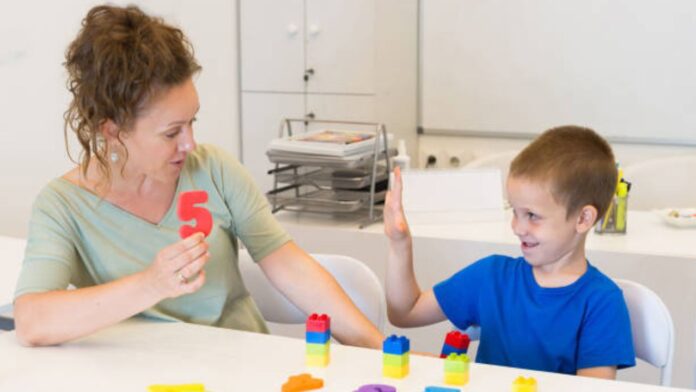It is well documented that language development in young children is essential for their social, emotional, and cognitive growth. By playing with their environment, children learn new words and sentences and how to use them to communicate with others. Therefore, it is important to provide an environment that will foster language development. One way to do this is to provide opportunities for play. Through playful activities, children can practice and expand upon their communication skills, allowing them to develop their language skills further.
The Role of Play in Language Development: Enhancing Communication Skills in Children
Play is an essential part of language development for children. Studies have shown that children learn more effectively when they are engaged in play. Through play, children can practice expressing their thoughts and feelings in a safe and non-judgmental environment, which helps them to develop better communication skills. As children learn to engage in different conversations and manipulate language, their confidence grows, and they become more comfortable and able to talk with others.
Moreover, play helps children to think creatively, use their imaginations, and develop their own stories. Through these activities, children are able to build on their language skills and understand the connections between words and actions. This helps them to understand how to form sentences, ask questions, and express their thoughts.
Exploring the Benefits of Play for Language and Communication Development
In addition to helping children to learn language, play can also help to improve their communication skills. Through play, children can learn the importance of listening to other people and taking turns in conversations. This helps them to become better communicators, as they learn how to be patient, ask the right questions, and respond to the answers of others. Furthermore, play can help to improve children’s nonverbal communication, as they learn how to express their emotions through body language.
Finally, by playing with other children, children learn important social skills. They learn how to work in teams, share ideas, and solve problems together. These skills help them to better understand the social world and interact with others with confidence.
Encouraging Language and Communication Skills Through Play
By providing opportunities for play, parents, caregivers, and educators can help children to develop their language and communication skills. Through play, children can engage in meaningful conversations, learn new words and sentences, express their emotions, and build their confidence. Furthermore, play can help to improve their social skills, enabling them to become better communicators and interact with others.
Conclusion
Play is an important part of language development for children, as it helps them to learn new words and sentences, express their thoughts and feelings, and develop their communication skills. Therefore, it is important to provide an environment that will foster language development and encourage children to engage in play. By doing so, parents, caregivers, and educators can help children to develop their language and communication skills, allowing them to become better communicators.









